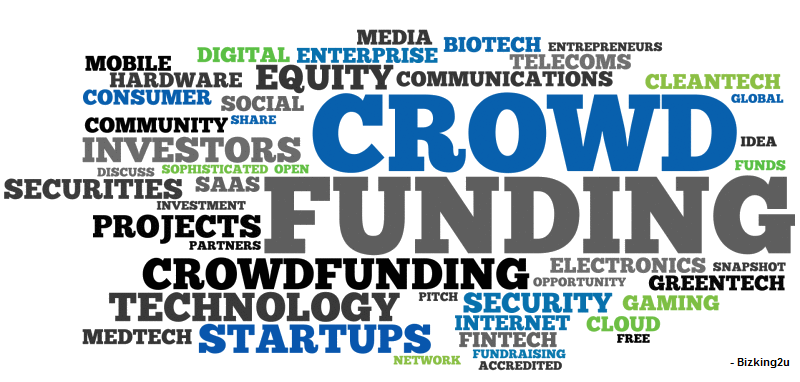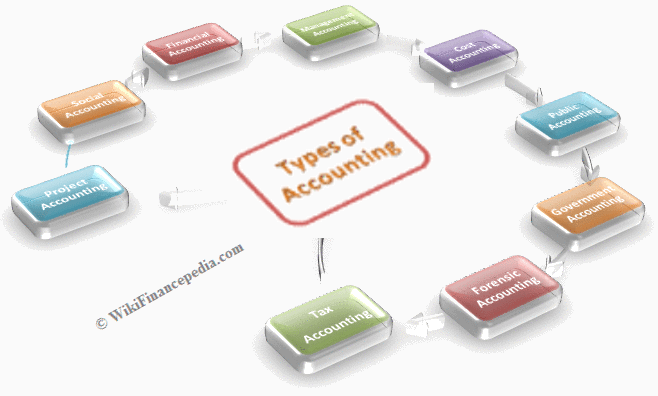This ground-breaking method of fundraising harnesses the power of the audience, enabling philanthropists, artists, activists, and entrepreneurs to achieve their goals. Utilizing social media and technology, crowdfunding has transcended national boundaries. This allows individuals to connect and support causes that resonate with them deeply.
Crowdfunding has rapidly evolved, propelling social change, innovation, and creativity in various sectors. It influences corporate endeavors, artistic projects, charitable causes, and community initiatives alike. Understanding crowdfunding’s intricacies, protocols, and impact is essential for those navigating modern fundraising and entrepreneurial landscapes.
Crowdfunding Definition
Crowdfunding is the “financing of a project or an enterprise through many small contributions from many people, typically via the Internet”. Typically, a predetermined minimum amount must be achieved within a specified period to realize the project. Crowdfunding projects typically take place on the Internet. If the desired amount is not reached, supporters receive a refund of their money.
When a project successfully attracts crowd funding, the project initiator typically offers supporters various rewards. These rewards can range from financial contributions to public acknowledgments, or even exclusive access to project outcomes or commercial ventures. Nowadays, several platforms facilitate the handling of payments for crowdfunding projects. Crowdfunding and fundraising offer numerous benefits and opportunities. In addition to financial support, crowdfunding often fosters emotional engagement with the project.
Greatest Crowdfunding Example
A notable example of a successful crowdfunding effort in recent times is the Pebble Time smartwatch campaign. When Pebble Time made its Kickstarter debut in 2015, it became the greatest crowdfunding campaign in history, raising over $20 million from over 78,000 backers in less than two months.
Early adopters and tech aficionados worldwide were attracted to the Pebble Time wristwatch due to its innovative features. These features included an e-paper display, customizable watchfaces, and an extended battery life. The ground-breaking campaign showcased the power of grassroots and community support in bringing innovative products to market. Additionally, it highlighted crowdfunding’s great potential as a competitive alternative to traditional financing.
Pebble Time’s success significantly advanced the crowdfunding phenomena, thereby paving the way for other digital entrepreneurs to utilize crowdsourcing platforms. Consequently, they can validate concepts, solicit pre-orders, and directly engage with their target audience.
Global Entrepreneurial Funding Strategies
Do you have a unique business idea that can have a social impact but aren’t able to initiate your project due to lack of funding? Well, seems the idea of crowdfunding has been invented for the entrepreneurs like you only.
Overview
Many projects fail because of lack of funding although the result would be socially desirable. The mechanisms of the market fail in particular in social, cultural, very visionary and very science-intensive projects. Government funding associated with bureaucracy, pulls off the energy of the project initiators of their actual task. The central distribution of subsidies may over-promote, under-promote, or neglect many projects addressing actual social needs, thus resulting in a waste of resources and potential.
The project promoters reach out to the public through an Internet platform, aiming to directly connect with potential crowdfunders. They present their projects and seek to engage a wide community of interested individuals. This collective of interested parties, often making small financial contributions, constitutes the “crowd” necessary for project realization. In return for their support, backers may receive various benefits, such as public recognition, exclusive access to behind-the-scenes content, or, in some cases, a share in the project’s financial success if it is commercially marketed.
The Power of Crowdfunding
When a sufficient number of supporters, who are inspired by the idea, step forward and the target sum is reached, the crowdfunding project transforms into a reality. Consequently, it aims directly at addressing social needs, as opposed to relying on state subsidies or conventional forms of financing.
Supporters play a crucial role in both the construction and marketing phases of the project, providing input and acting as multipliers. This approach ensures that the project is designed and marketed with a focus on fulfilling specific needs. It involves more than the classic transaction of money for services. The donor is emotionally involved in the project.
And also the initiator of the project gets far more than the monetary value of the collected money, namely a leap of faith and the support by a group of supporters from the crowd. Crowdfunding creates genuine added value project initiators and supporters, neither side gets something free. Fundraising from crowd is based on the market principle.
Crowdfunding offers a high level of citizen participation, transparency, and low distribution costs. This financing tool has established itself in areas where other forms of finance falter. Therefore, it’s ideal for projects deserving support but unable to secure funding through conventional means. These projects include new music videos, election campaigns, new businesses or products, and notably, renewable energy projects.
Conclusion
In conclusion, crowdfunding has shown to be more than just an innovative way to raise money; it has developed into a powerful tool for democratizing capital access and fostering creativity across a range of sectors. It’s clear that crowdfunding will keep growing and changing the business environment for creative and entrepreneurial endeavors. Even with its successes, challenges including ensuring transparency, controlling investor risk, and navigating regulatory frameworks still matter. However, crowdfunding represents the strength of people coming together to support causes they care about because of its inherent ability to bring people together, encourage creativity, and empower individuals.
Read E-Learning Tutorial Courses - 100% Free for All
Startup Basics for Beginners
- Chapter 1: What is a Startup? Definition, Examples and Startup Operations
- Chapter 2: What are the Startup Requirements? Checklist and Feasibility Analysis
- Chapter 3: What Is Lean Startup? Definition, Examples, Process and Limitations
- Chapter 4: Top 10 Key Benefits and Reasons to Start a Business
- Chapter 5: How to Start a Company or a Business – Step by Step Guide
- Chapter 6: How to Master in business fundamentals? Basics Guide of Startup
- Chapter 7: Top 10 Best Startup Ideas with Low Investment
- Chapter 8: Top 10 Best Sources for Startup Business Funding for Your Idea
- Chapter 9: Legal Formalities - How to Register a Company or a Startup in India?
- Chapter 10: Top 10 - Best Tactics on Lean Management Strategy
- Chapter 11: How to Analyze Your Startup Business Plan with SWOT Analysis?
- Chapter 12: Best Ways - To Build a Successful Startup Plan and Strategy
- Currently Reading: What is Power of Crowdfunding for Startups and Business?
- Chapter 14: Basics of Startup Quiz – Question and Answers for Beginners







